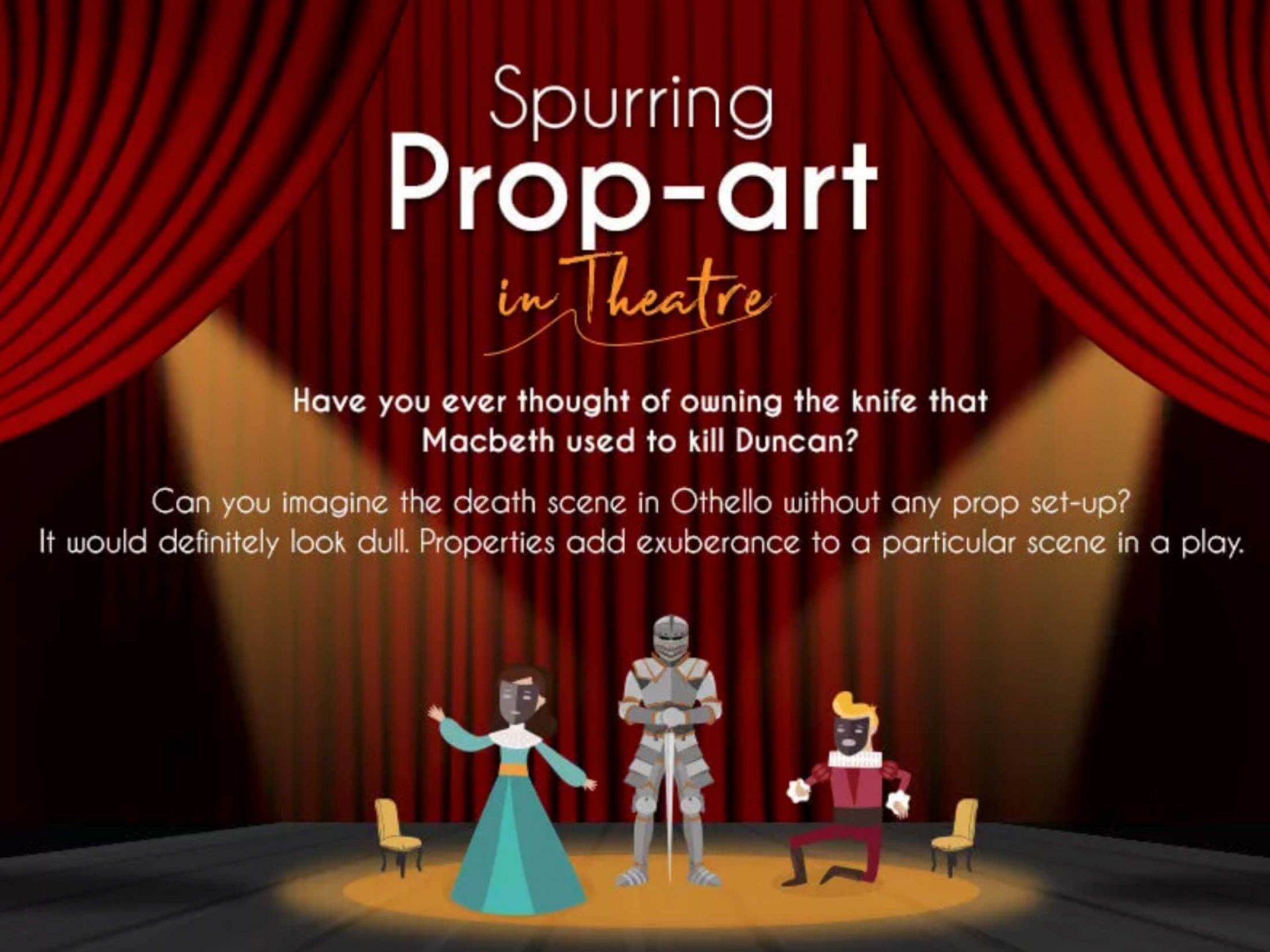Main Article
Props play a crucial role in provoking viewer’s emotions and heightening performance.
Theatre props are anything movable or portable on a stage that is distinct from the actors, costumes and scenery. The use of props in British theatre has come a long way since they were first introduced in the 13th century.
In an age where everything is digital, there is something special about humans using only themselves and props to tell a story. It is this element that has helped theatrical productions continue to play a significant role within British culture for thousands of years.
Theatre props help scenes become more realistic and assist in guiding the viewers’ imagination. Some may argue that props and the design behind them are often underappreciated.
They not only help the viewer identify the character that is being displayed but also help the actor get into character – much like how wearing a suit may help a professional get into a business mindset.
Theatre props have the power to take us back and become engrossed in stories that were centuries well before our time.
They often become a part of a character and therefore develop into a vital association with that particular story. These props can often become highly valued collectables.
Robby the Robot from Forbidden Planet first made his film debut in 1956 and later went on to appear in The Twilight Zone and The Addams Family. The robot became the most expensive prop ever sold at auction when it reached $5.375m.
This was closely followed by the Aston Martin that appeared in the James Bond film Goldfinger and Thunderball which was sold for $4.6m.
Theatre props are much more than just an object to assist the eye. We put meaning into objects and use them to symbolise and communicate stories.


